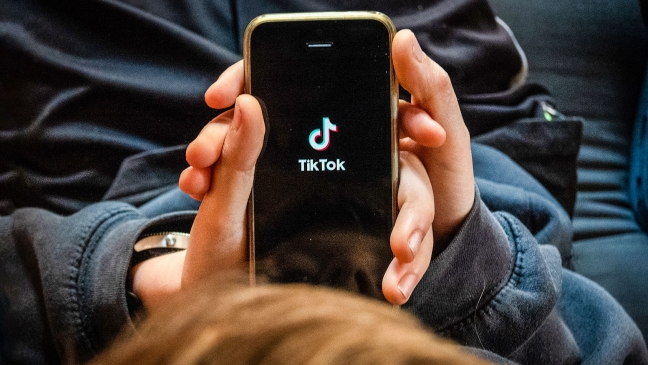Is the ubiquitous presence of TikTok videos, and similar, shortening the attention spans of learners? At the very least there is a stark contrast between the experience of watching these and the effort and sustained concentration required for “traditional” reading in the classroom.
It is reckoned that the optimum length for a TikTok video is between 21 and 34 seconds. The reality is that this attention span equates to reading just a couple of paragraphs of a textbook. Watching these short videos may not fundamentally shrink attention at the level of changing the functioning human brain, but it is unlikely to help learning.
And what does the evidence show? Technology evolves rapidly, so it can be tricky to capture the impact of new technology on our ability to learn.
There is consistent evidence that university students’ use of laptops can lead to task switching that compromises their attention. It can prove problematic both for the laptop user and for their neighbour’s learning. Research also shows that the mere presence of mobile phones can hamper attention.
TikTok and pupils’ attention span
It is helpful, then, to be specific about our worries regarding the impact of media on attention. It is likely that if students have access to their mobile phones, it will compromise precious reserves of attention.
For this reason, we should take care when setting up unsupervised learning - like homework tasks - with the expectation of technology use, whether it involves laptops or phones.
Teachers also need to be armed with knowledge of the learning brain, including the perils of divided attention and mind-wandering. It is also important to recognise that the challenge of sustaining attention spans with difficult academic tasks has been a challenge long before the advent of TikTok.
The human brain has evolved to take helpful mental breaks and to mind-wander. Indeed, when researchers studied the limits of attention and the mind-wandering of more than 90 pupils between the ages of 6 and 11, they found that mind-wandering occurs about 20 to 30 per cent of the time when listening to a story.
It appears that whether technology is present or not, we need to train pupils’ ability to sustain attention. We cannot eliminate mind-wandering, but we can understand the challenges it creates and help students to recognise it, too.
Training learners to sustain attention
If pupils are spending too many hours on TikTok, the answer to developing their attention span is unlikely to be yet more videos and seductive media. Instead pupils need more practice of being strategic with the longer tasks and recognising the likelihood of mind-wandering and their attention being divided.
Teachers can make timing and attention spans more explicit. For example, the Pomodoro method is a classic technique that trains pupils to recognise the span of 25 minutes. It also bakes in breaks for mind-wandering and even distraction.
The three-minute rule is another time-bound cue for sustaining attention. If pupils are struggling to get started, we can nudge them to try for a mere three minutes. Once pupils have made a start, they can return to a task with less fear and frustration.
By foregrounding the time it takes to complete a tricky classroom task, and monitoring that time, we help pupils to overcome their ability to seek out distractions. We all recognise the power of a countdown or a deadline, right?
With a complex task such as writing an essay, we can break it down into smaller, more manageable chunks of time. For example, for a 30-minute essay writing task, short “editing stops” can be inserted every 10 minutes. It is still much lengthier than an addictive TikTok video but it can prove more manageable with practice.
The relentless exposure to 30-second videos is likely to continue in the daily lives of our learners, so we need to pay more attention to helping them stretch their attention spans.
Alex Quigley, a former teacher and author, is the national content and engagement manager at the Education Endowment Foundation. His latest book is Why Learning Fails (And What To Do About It)
For the latest research, pedagogy and practical classroom advice delivered directly to your inbox every week, sign up to our Teaching Essentials newsletter





